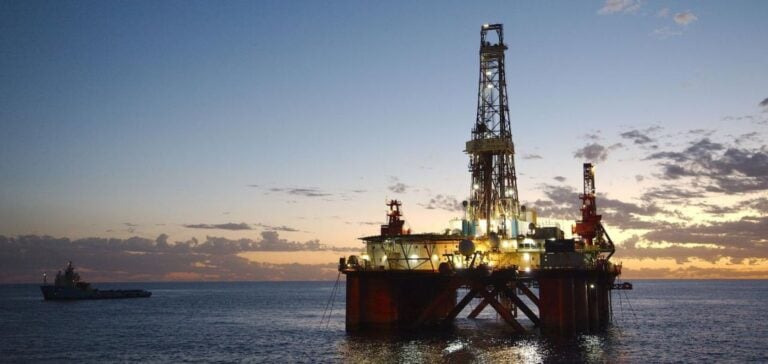Located in Northern Australia, Santos ‘ Barossa project is designed to compensate for the depletion of the Bayu-Undan field by supplying natural gas to the Darwin LNG facility. Production scheduled for 2025 is already posing challenges in terms of emissions, exacerbated by new Australian regulations requiring carbon neutrality for reservoir emissions.
Impact on carbon costs and ACCU demand
In 2025, CO2 emissions from the Barossa reservoir are estimated at 1.18 million mtCO2e, with a projection increasing to 2.47 million mtCO2e by 2027. These emissions will require offsets via Australian Carbon Credit Units (ACCUs), with demand expected to reach 14 million mt by 2030.
Compensation strategy and ACCU prices
Santos will have to acquire ACCUs, mainly generic credits from reduction methods such as landfill gas and avoided deforestation. However, prices for these ACCUs, recently valued at A$33.85 per mtCO2e, are likely to rise, reflecting an upward trend in offset costs.
Carbon Capture and Storage Plan
To reduce its dependence on ACCUs, Santos plans to convert the Bayu-Undan field into a carbon capture and storage hub. This initiative could significantly reduce the need for offsets after 2028, with the first CO2 injection planned for 1.48 million mt this year.
Financial and technical considerations
Despite the ambitious plans, there are financial and technical concerns about the feasibility of the Bayu-Undan CCS project, particularly in comparison with Chevron’s Gorgon CCS project, which has encountered significant difficulties.
Thus, the Barossa project represents a potential turning point for Santos’ climate strategies, between immediate offsetting challenges and long-term carbon capture solutions.






















